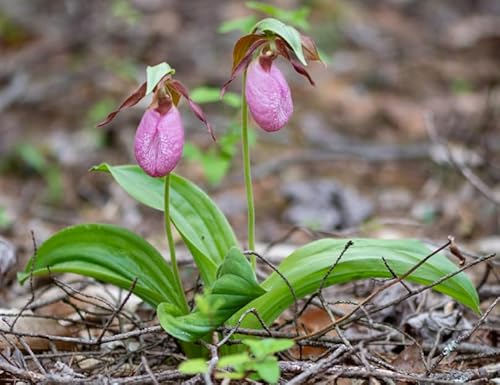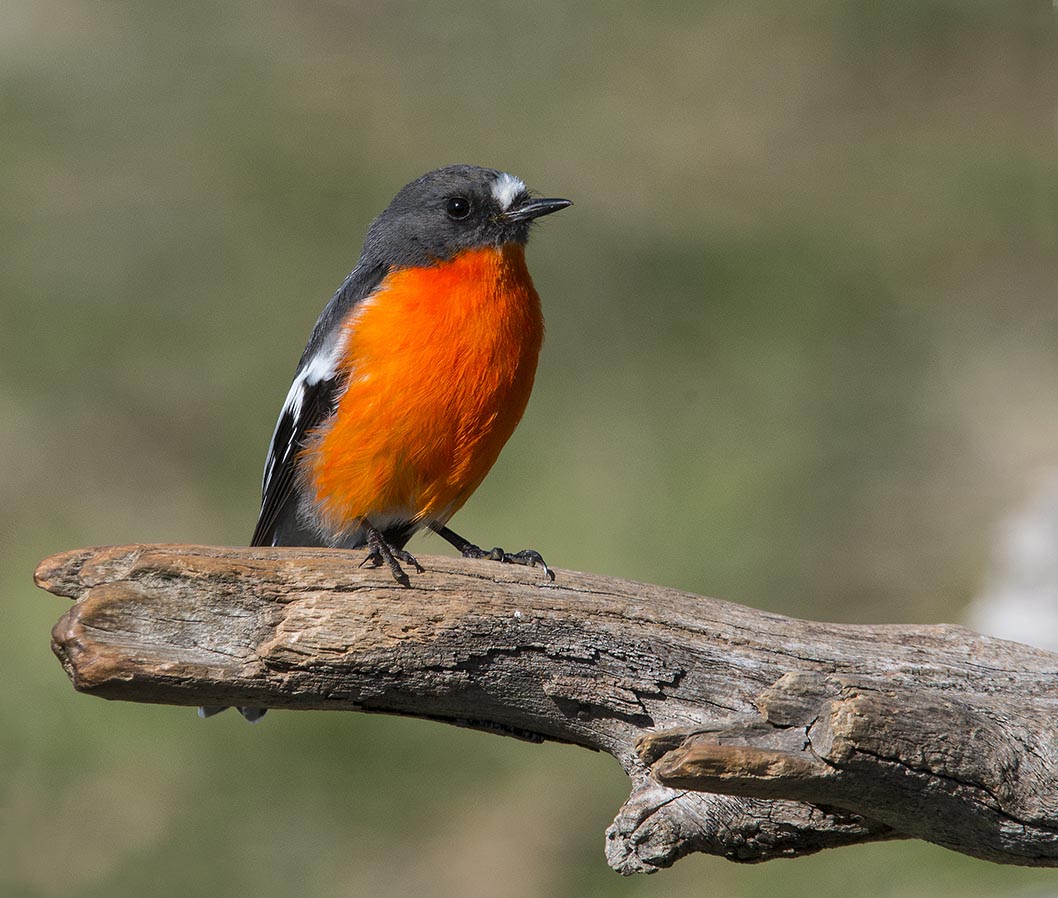Eggs don't hatch at same time.. Eggs are laid one a day, babies hatch at different times. The eggs will prob hatch.
Of course, that's possible. Anything is possible. After all, the Robins have not necessarily read the same books we have and I did find one website that said the same thing. However, I also found more websites that said incubation begins after the last egg is laid to ensure that all the babies hatch at roughly the same time and all fledge within a day or two of each other. This latter scenario is what I've seen many, countless times.
Coordinating incubation (by starting after the last egg is laid, not after the first one is laid), ensures that the total number of days the nest contains babies (which make noise and attract attention), is reduced, giving more babies an increased chance of not being predated before fledging. Not being cavity breeders; but, being solitary nesters, the babies are highly exposed and vulnerable in their open-cupped nests, as they are on nearly every predator's dinner menu. Thus, getting the noisy babies all grown up and out as quickly as possible is an advantage and that can only be achieved if they all hatch at the same time and fledge at the same time. It's a statistical advantage for solitary open-nest breeders to have their babies all hatch at the same time and all fledge as soon as possible, more or less all at the same time. So, reducing the time there are babies in the nest down to less than 14 days, from as many as 20 days, helps more babies to reach fledging age without being predated. The sooner the entire brood can leave the nest, the more likely more of them will survive, because there simply are fewer days where the nest contains (noisy), "sitting ducks" for predators to eat.
Possibly, in the case of my nest in particular, the frequent disturbances and cooling of the eggs that has happened may have caused one or two of the eggs to simply slow down the speed of development and make hatching a little bit less coordinated, instead of killing the embyo(s) outright. So, maybe I will find that one or two of the remaining eggs do hatch. However, Robins generally lay a clutch, one egg each day (usually 3 or 4 eggs, although I have seen as many as 5), until done.
Then, they bring all the eggs up to temperature (102*F) and begin serious incubating. This way, all the eggs hatch at about the same time and the babies can fledge at about the same time 12 to 14 days later. Other types of birds that nest in the open; but, begin incubating with the first egg, nest in HUGE collonies. For example: Pelicans. In those cases, there simply is too much food (baby birds), for predators to take....so, while some individuals draw the short stick and end up as dinner, the species still replenishes and population numbers remain stable.
There are other types of birds that typically begin incubating with the first egg; thus they hatch at different times. A lot of cavity breeders do this. Psittacines (Parrot type birds), are a good example. They lay one egg every other day and begin incubating with the first egg and then they hatch two days apart. In the case of Budgies, you can have newborns in the same nest with babies that are 10 days old. The need to have all the babies fledge the nest as soon as possible, all at the same time, is not as great. The nature of being in a tree (or some other), cavity, provides much more protection from predators to such a degree that the behaviour of beginning incubation only after the last egg has been laid did not evolve as part of the species survival strategy.
This baby in the photo was there yesterday. So, by the time I got back with the camera today, it was at least a day old. However, if you look at the size of it, compared to the eggs around it, it is probably 2 days old. If incubation did start when the first egg was laid, this means that
at least one of the other eggs should've hatched by today. I'll have a quick look tomorrow and let you know. I'll be surprised if there is another hatching; but, it'll be interesting to find out.































